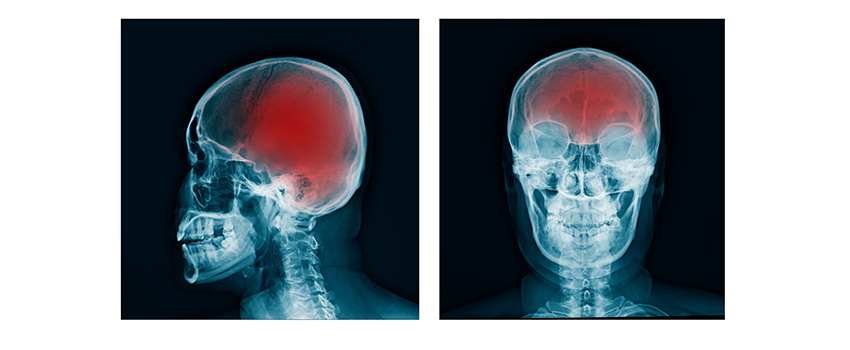
National Traumatic Brain Injury Awareness Month is recognized in March. With the start of spring sports, our team at AFC Urgent Care Cleveland wants you to know how you can help your child prevent a traumatic brain injury while on the field this spring, as well as steps you can take to reduce your risk of traumatic brain injuries in other ways.
What Sports Are Most Likely to Cause a Traumatic Brain Injury?
According to the Brain Trauma Foundation, more than 2.5 million people experience a traumatic brain injury (TBI) each year. While a TBI can happen during any sport, certain sports put an athlete at a higher risk of experiencing a traumatic brain injury, including soccer, basketball, football, ice hockey, wrestling and lacrosse. Fortunately, there are steps you can take in order to lower the risk of TBIs, including concussion. Ensure your child always wears sport-specific equipment, including a helmet if appropriate, and practices proper form and technique.
Common Causes of Traumatic Brain Injury
- Falls
- Vehicle-related collisions
- Violence
- Sports injuries
- Explosive blasts and other combat injuries
What Are the Symptoms of a Traumatic Brain Injury?
A TBI typically occurs after an impact to the head. Intense pain at the sight of impact may occur due to the initial injury, but other symptoms may also emerge. This can include symptoms impacting physical, mental, cognitive and emotional health.
TBI Symptoms
- Memory loss
- Confusion or difficulty concentrating
- Mood swings
- Abnormal laughing or crying
- Anger or anxiety
- Dizziness or fainting
- Dilated or unequal pupils
- Nausea or vomiting
- Difficulty speaking
- Blurred vision or light sensitivity
- Persistent headache
- Excess fatigue
Are you nervous your child might have a concussion? Stop by AFC Urgent Care Cleveland today for a medical evaluation. No appointment is necessary.
cript>


